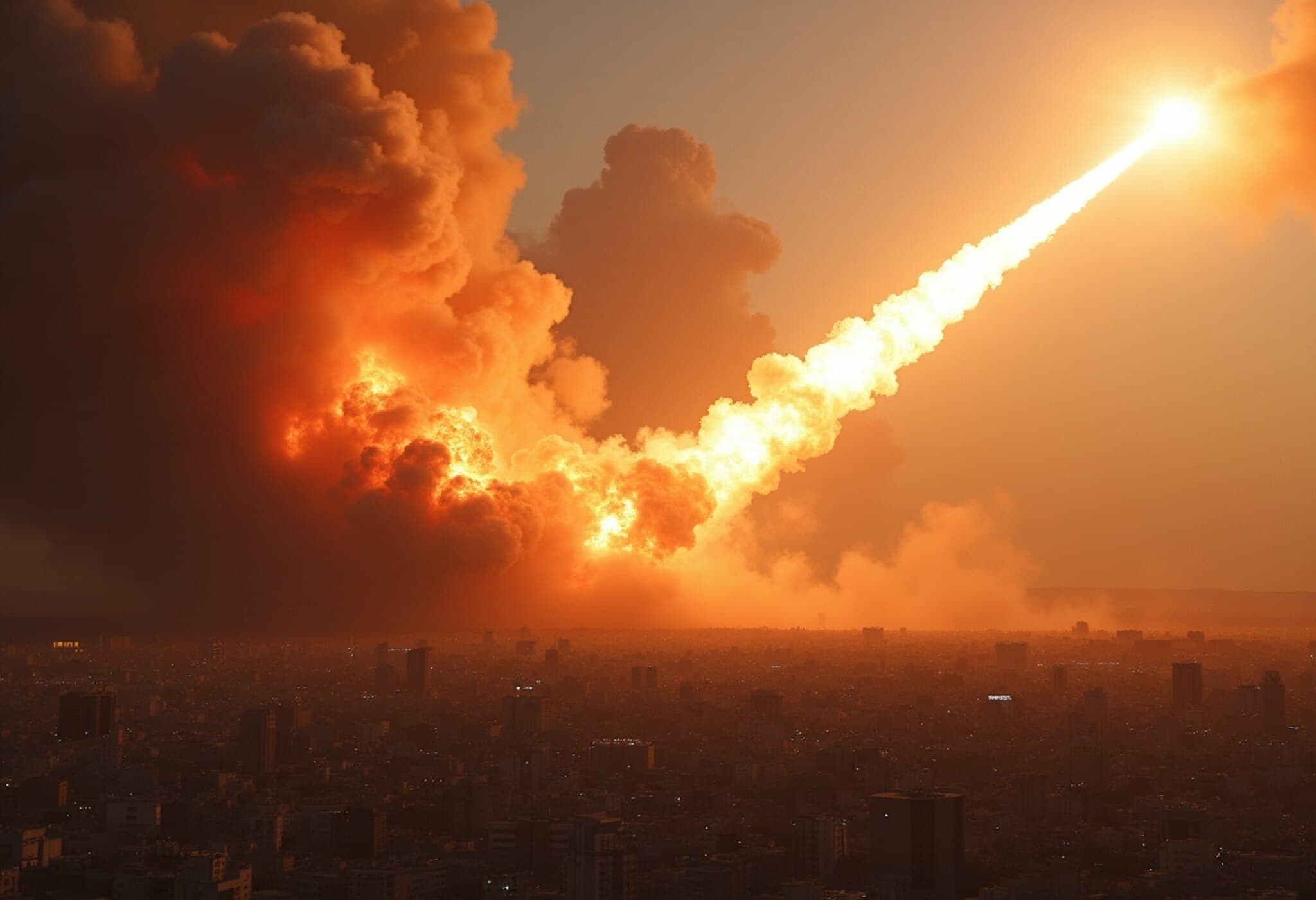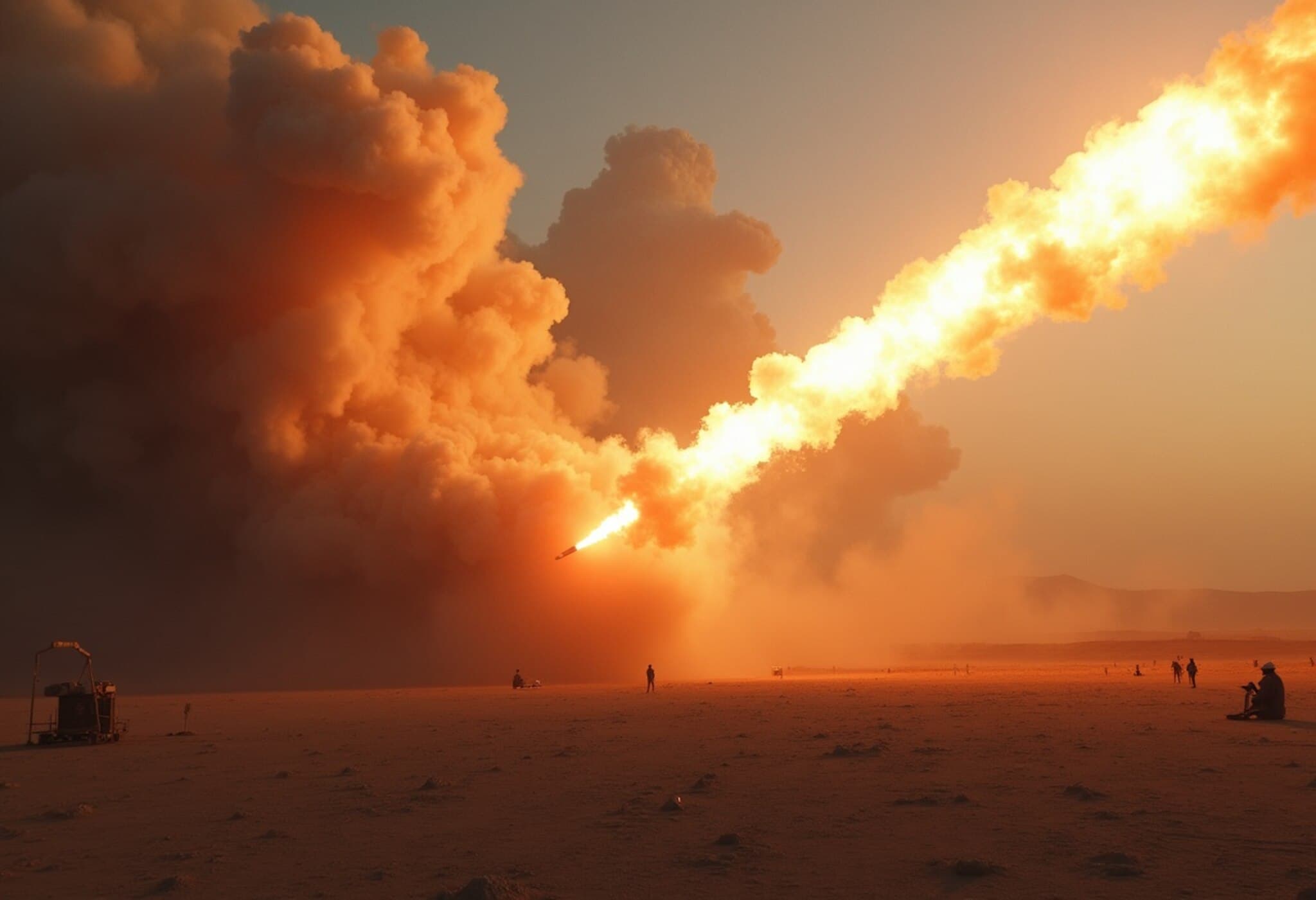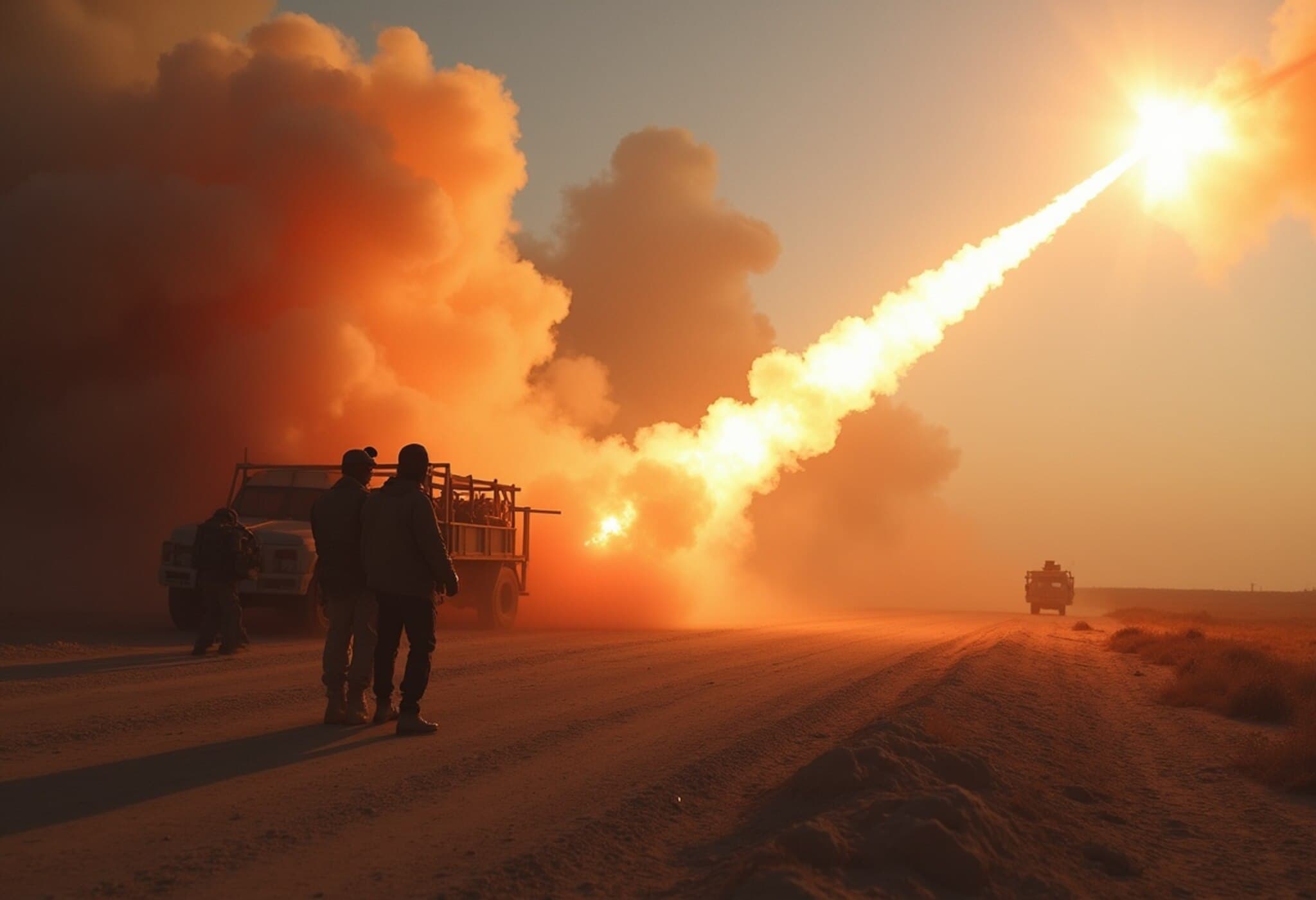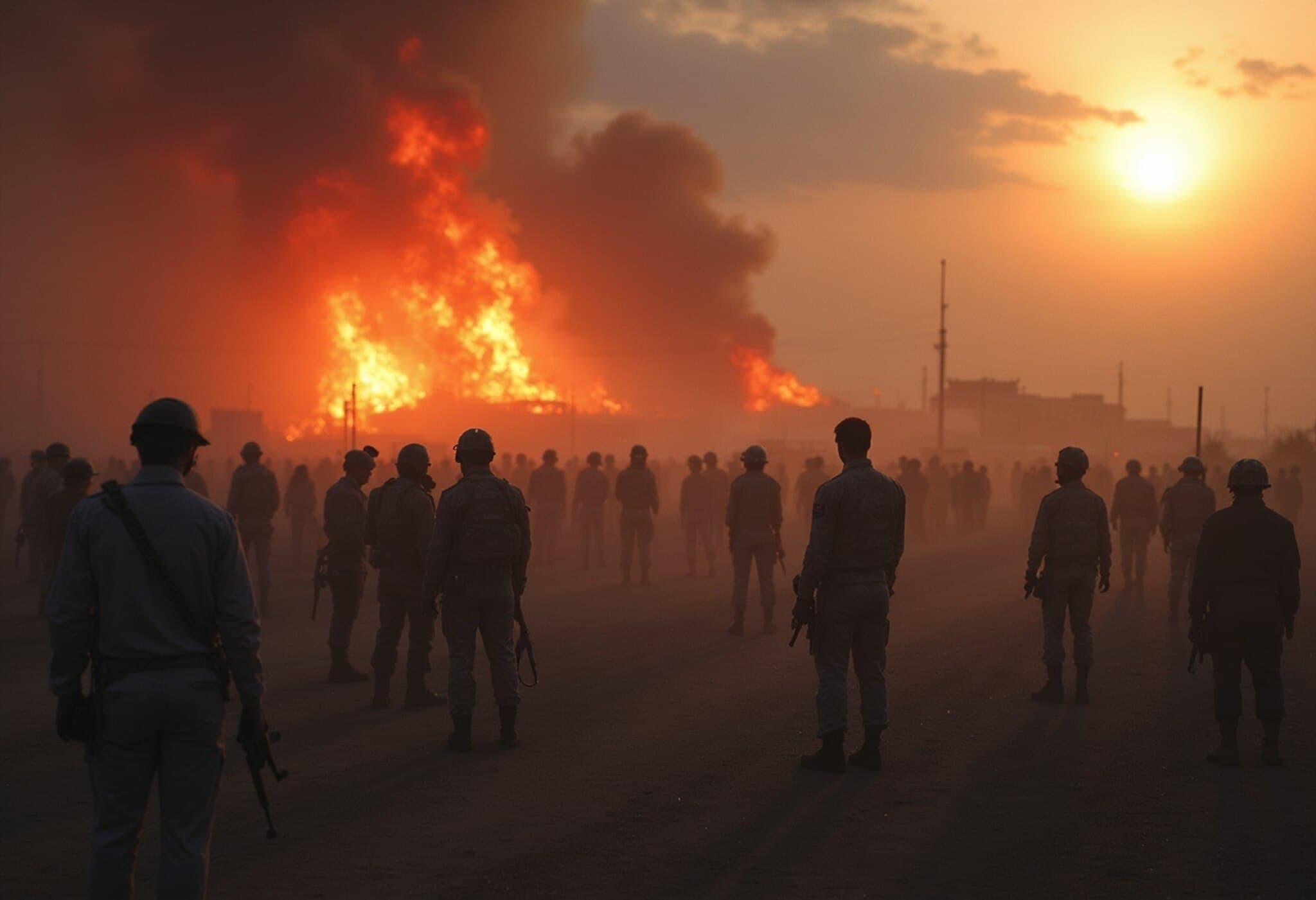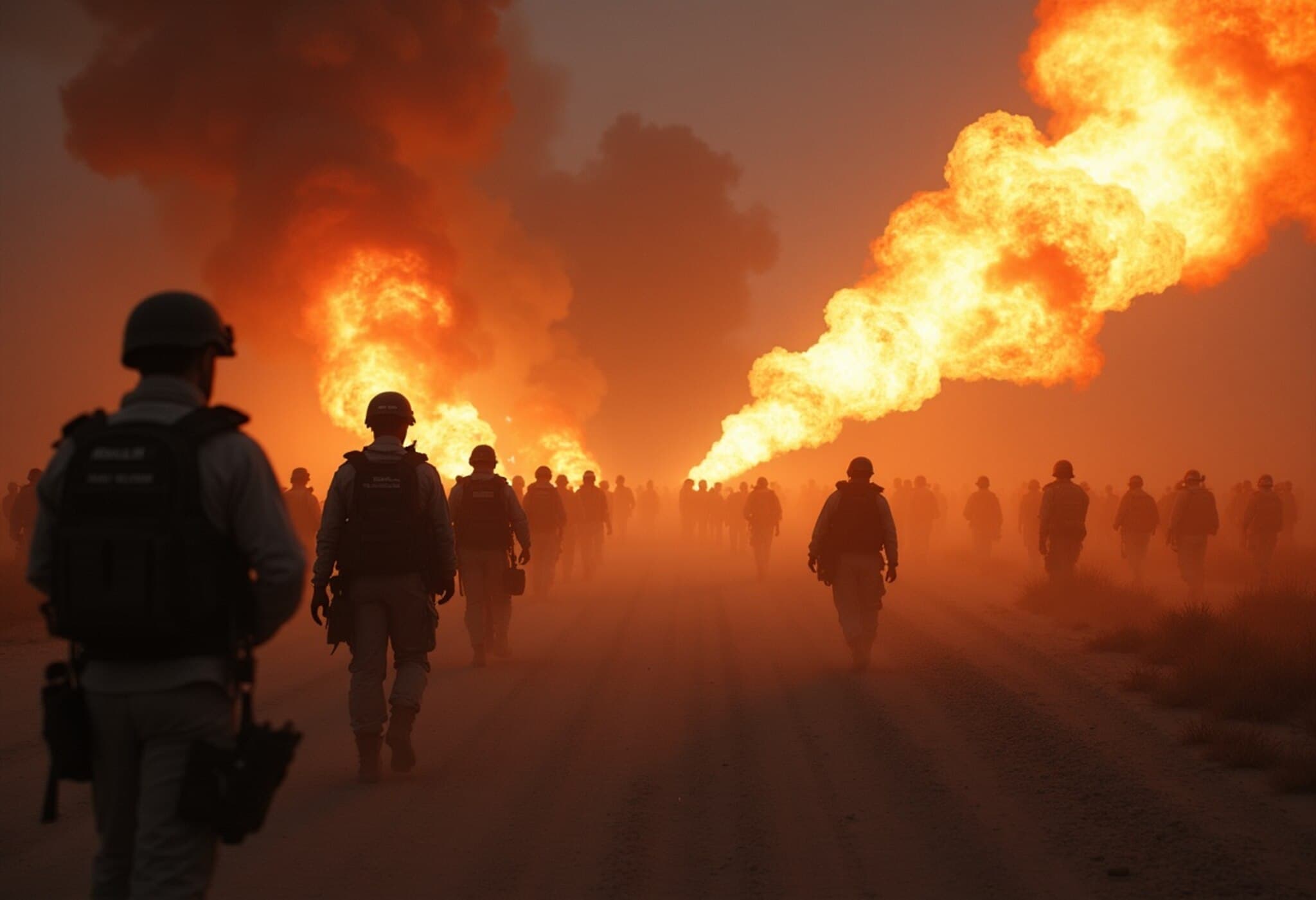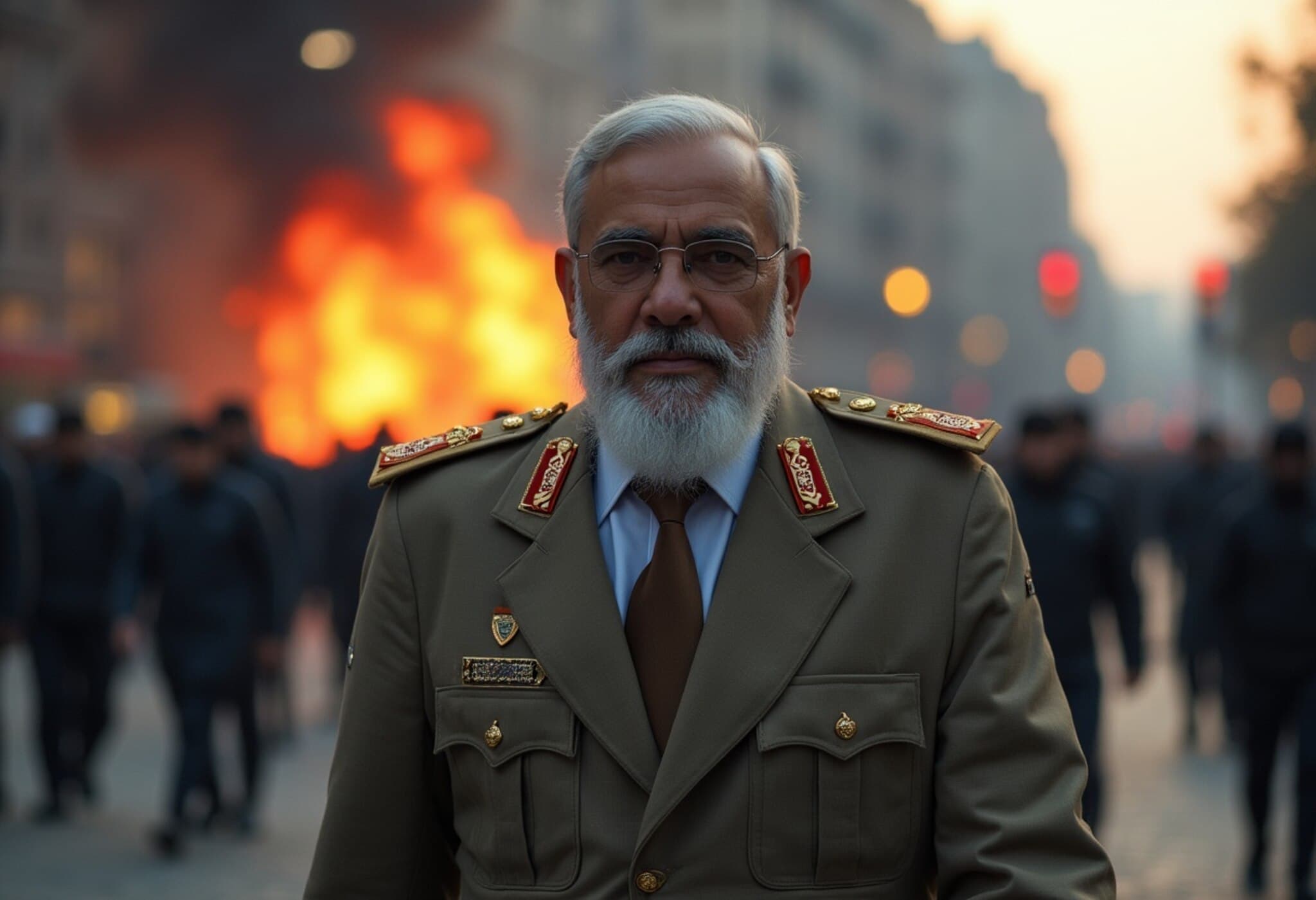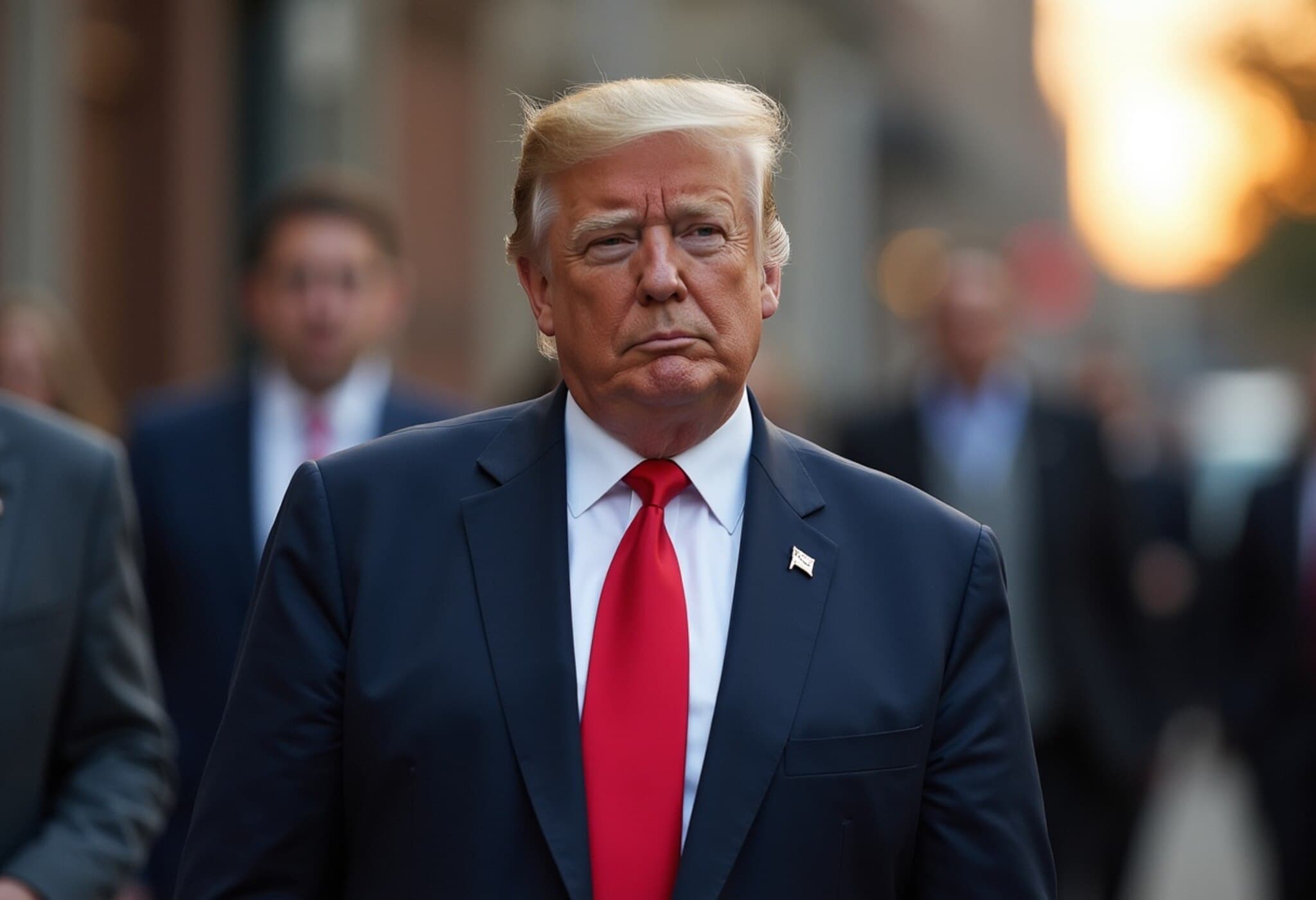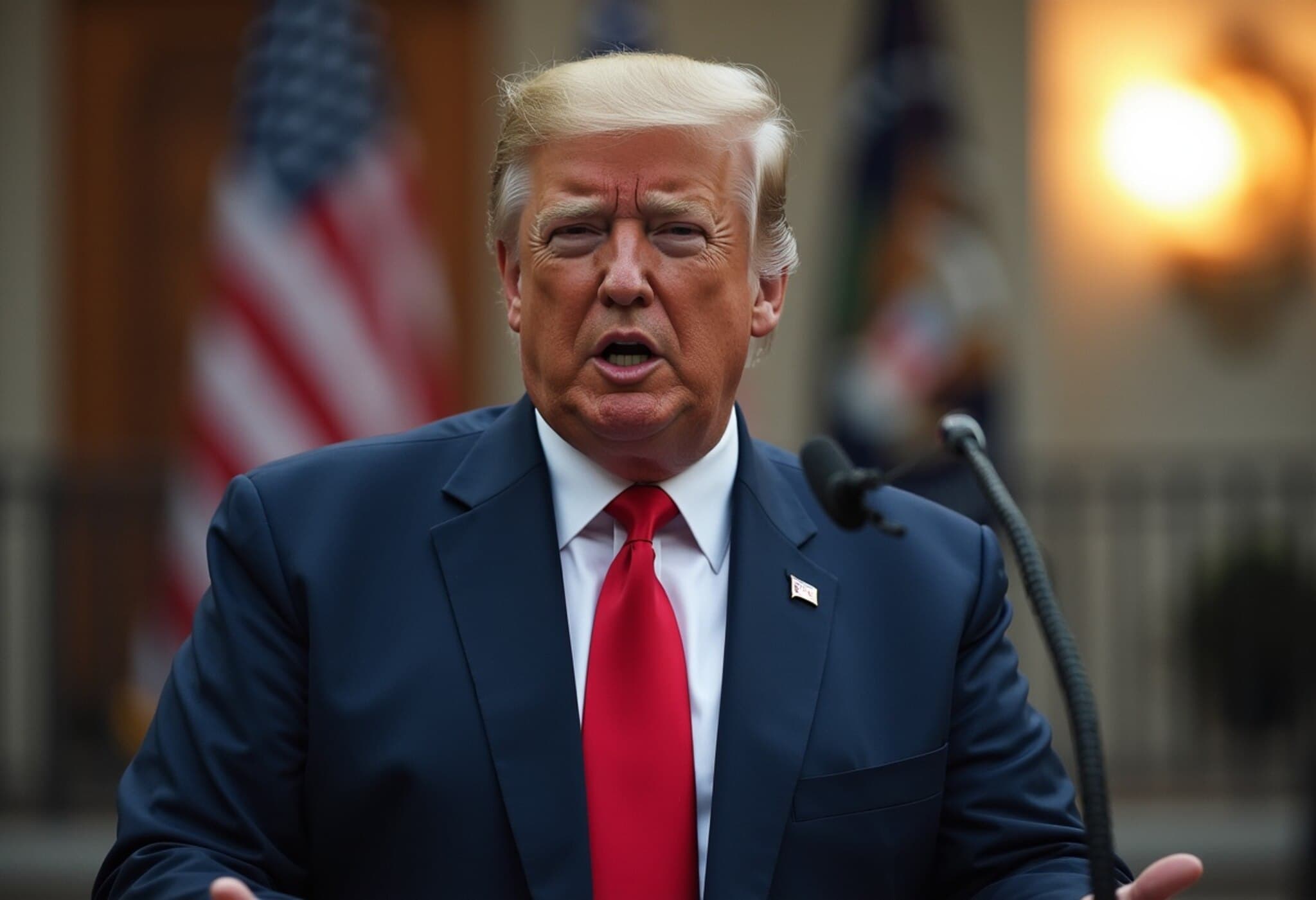Heightened Tensions as Iran Strikes Israel with Ballistic Missiles
In a dramatic escalation of hostilities, Iran unleashed dozens of ballistic missiles toward Israel late Friday night, setting off air raid sirens across the country and signaling the potential for a broader regional conflict. This aggressive response came after Israel launched a sweeping air assault targeting Iranian nuclear and military sites earlier the same day.
Explosions Rock Jerusalem and Tel Aviv Amid Missile Barrage
The missiles ignited explosions across major Israeli cities, including Jerusalem and Tel Aviv. The Israel Defense Forces (IDF) confirmed the launch and reported that many incoming missiles were intercepted mid-air, though some struck their targets. Authorities quickly urged civilians to seek shelter amid ongoing attacks.
Iran’s Revolutionary Guard Claims Strike on Israeli Military Bases
The Islamic Revolutionary Guard Corps took responsibility for the missile strikes, indicating that multiple Israeli military installations were targeted. Iranian state media also claimed the downing of two Israeli fighter jets during retaliatory Israeli air strikes, though these reports remain unverified.
Retaliation for Comprehensive Israeli Airstrikes on Iranian Targets
Earlier Friday, Israel executed one of its most significant military operations in recent decades, deploying approximately 200 aircraft and coordinated explosive drones to strike nearly 100 high-value Iranian targets. These included vital nuclear facilities at Natanz and Fordo, along with a research center in Isfahan.
The air campaign reportedly resulted in the deaths of key Iranian military leaders such as General Mohammad Bagheri, General Hossein Salami, and missile chief General Amir Ali Hajizadeh, affirming the intensity and precision of the Israeli operation.
Strong Words and Warnings from Leaders on Both Sides
Iran's Supreme Leader, Ayatollah Ali Khamenei, delivered a forceful televised address promising heavy retribution, stating: “The consequences of the Israeli attack will bring it to ruin.” Similarly, Israeli Prime Minister Benjamin Netanyahu called the operation a critical defense of Israel’s survival, emphasizing the extensive planning behind it.
International Reactions and Rising Concerns
As the violence escalates, the global community watches closely. The United Nations is preparing for an emergency Security Council session amid fears that the conflict could ignite wider regional warfare. The International Atomic Energy Agency confirmed the strike on the Natanz nuclear facility is being closely monitored for radiation leaks.
The United States had reportedly advised Israel against such strikes, fearing disruption to delicate nuclear negotiations with Iran. Washington was, however, apprised of Israel’s plans beforehand, putting US forces in the region on high alert and withdrawing some diplomatic personnel for safety.
On the Ground: Israel Prepares for Possible Wider Conflict
Within Israel, the impact of the conflict is palpable. Citizens rushed to stock up on essentials, with major urban areas largely deserted as public anxiety mounted. The IDF has mobilized reservists and positioned troops strategically, anticipating further escalations potentially involving Iran-backed groups like Hezbollah, though these proxies have yet to openly enter the fray.
The Road Ahead: Conflict or Negotiations?
While Iranian leaders double down on vows for severe punishment and retribution, calls for restraint echo globally amid fears that this open confrontation could destabilize the entire Middle East. US President emphasized the urgency of negotiation, warning that failure to reach a deal with Iran could lead to catastrophic consequences.
As missile trajectories continue, both nations remain locked in a dangerous standoff, where every move carries the weight of potential wider conflict. The coming days will be crucial in determining whether diplomacy can intervene or if the region slides further into chaos.

